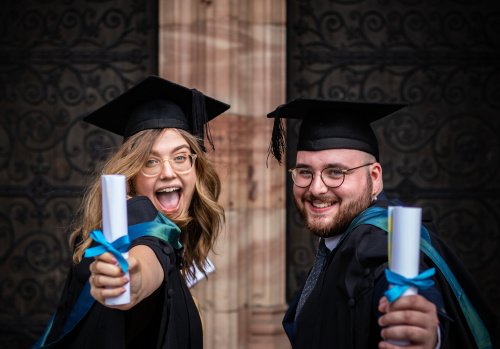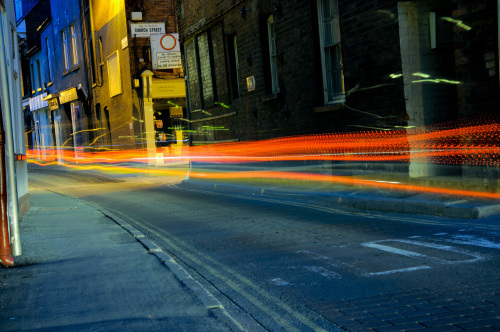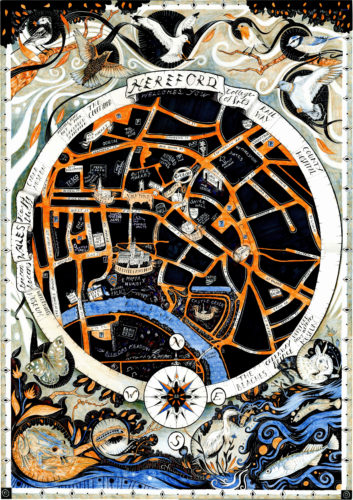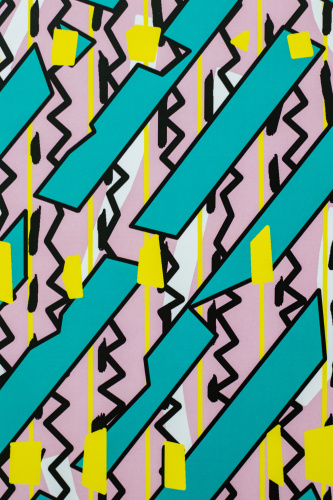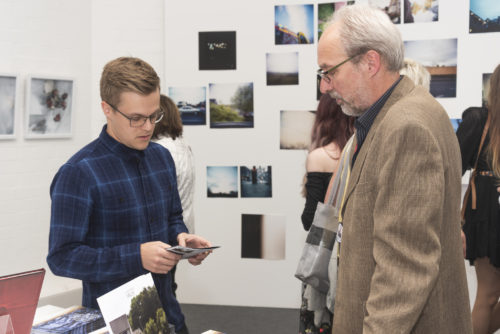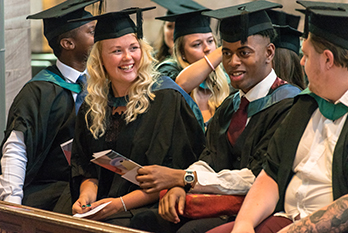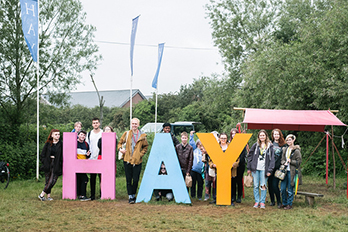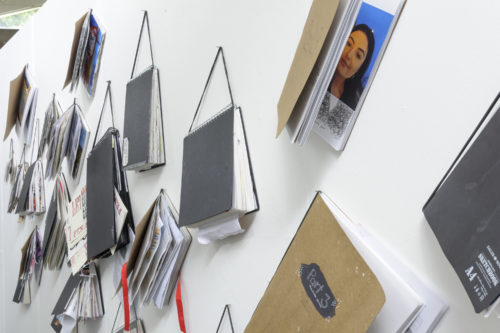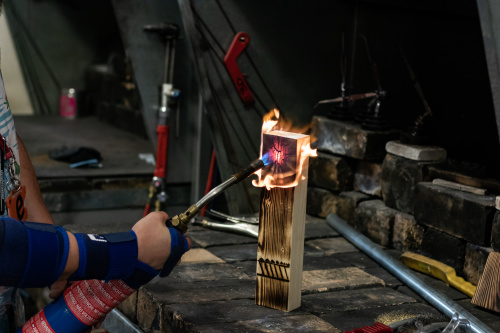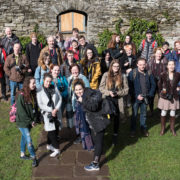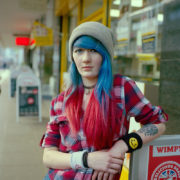Psychogeography and chance: Re_Fabricate
Published on 22.03.18
Poetry, intrigue and map-making. This Tuesday during our fourth Re-Fabricate session we explored theories of psychogeography and used ‘chance’ to create a found poem as part of the creative journey of re_fabricate. This session was led by the amazing Jac Cattaneo, a creative writer and lecturer from Northbrook Metropolitan College. Repurposing the familiar to spark creativity
Categories
Poetry, intrigue and map-making. This Tuesday during our fourth Re-Fabricate session we explored theories of psychogeography and used ‘chance’ to create a found poem as part of the creative journey of re_fabricate.
This session was led by the amazing Jac Cattaneo, a creative writer and lecturer from Northbrook Metropolitan College.
Repurposing the familiar to spark creativity in re_fabricate
Jac began by sharing ideas of storytelling, and the derive or ‘drift’, stressing the link between making and stories. We then did some textile-based freewriting. Then our journey took us further into theory, considering Debord’s ideas around purposeful drift. It is exciting how changing our internal connections with the familiar can open up whole new worlds of creativity and imagination.
With Jac as our guide, we looked – really considered, ideas of the map; what map-making means and how maps are not simply guides to things but represent our internal landscapes and personal journeys. We learned about Solnit’s writing, and how maps can transcend personal realities, act as guides to other ways of navigating our worlds.


Creative writing as a pathway between past and present
We learned what maps show us, and how playing with ideas of maps can re-define our journeys and understandings of the world. And then we drew maps of somewhere from our childhood – and alongside this, a map of something which is meaningful to us now.
Then we used writing to bridge those spaces; considering all of our sensory experiences of childhood and beloved places in the ‘now’.
Playing with ideas of maps can re-define our journeys and understandings of the world. So can combining drawing and writing. We made maps of places from our childhood – and alongside these, a map of something which is meaningful to us now.
Finally, we used ‘chance’ to create a found poem, combining text from our map-making, freewriting, found poetry and mandala creations.


Re-Fabricate is a teaching and research project supported by The Scholarship Project and Hereford College of Arts. This was the fourth in a pilot series of co-operative theory/practice workshops.
